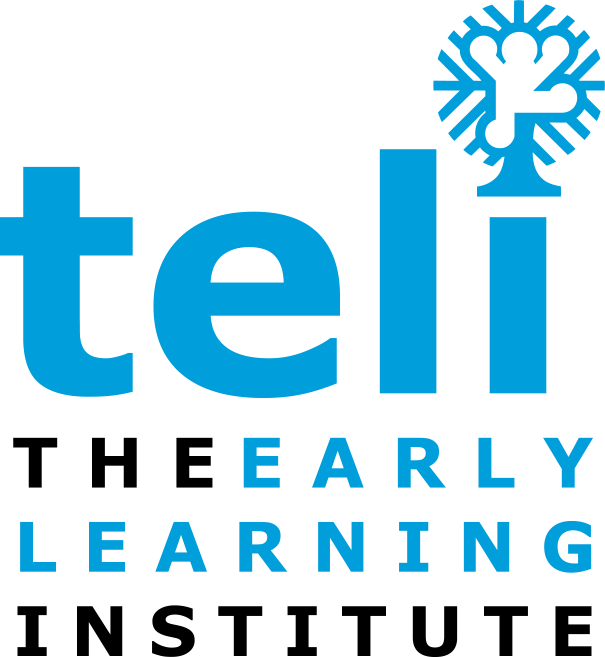 Do children in bilingual families experience greater speech and language delays? Not the case, says Kelly Beddall, teli Speech Language Pathologist. “There is a great deal of misinformation regarding the rate of language development in children in families where two languages are spoken,” notes Kelly. “In fact, regular experience with two different languages has been linked to some encouraging social and cognitive advantages. Unfortunately, this message still hasn’t gotten out there!”
Do children in bilingual families experience greater speech and language delays? Not the case, says Kelly Beddall, teli Speech Language Pathologist. “There is a great deal of misinformation regarding the rate of language development in children in families where two languages are spoken,” notes Kelly. “In fact, regular experience with two different languages has been linked to some encouraging social and cognitive advantages. Unfortunately, this message still hasn’t gotten out there!”
Can a child learn two languages at the same time?
Our world has become increasingly multilingual as more than 20% of school age children (5-17) are speaking a language other than English at home. Interestingly enough, children are able to learn both languages simultaneously. “By speaking in their native language, parents will be able to use more variety in vocabulary and will use appropriate grammar and pronunciation which is not always the case when a parent speaks some English but not at a native or near-native level,” notes Kelly.
Children as young as 2 years of age can switch languages, based on whom they are speaking with at the time. For example, in a family in which Mom speaks English and Dad speaks Swedish, their child will know to speak in English when he hears English and to speak in Swedish when he hears Swedish,” explains Kelly. “It is also important to note that when learning a second language, your child may experience a “silent period” in which he or she does not speak in the second language. This is normal, so try not to panic! “Parents should also be aware that, by learning two languages, bilingual children may develop language skills slightly slower than monolingual children, due in part to the greater volume of words learned when mastering more than one language.
How can I help my child to learn more than one language, when I am not bilingual?
A child’s parents may not be comfortable in the dominant language spoken in the community, but interested in their child gaining a new language. “Exposing your child to a different language through interactions with native speakers of the second language are great ways to help children learn,” shares Kelly. “Events at the library, community centers, or day care can provide meaningful, language-rich interactions that will help your child learn the second language even if you do not speak it.” Studies have shown that the quality of the language input has an important impact on language development.
What can I do if I am concerned about speech and language delays in my bilingual child?
Early Intervention evaluation is a key to understanding if your child may be experiencing speech delays. Children may learn the two languages at different rates since they are essentially learning double the content. “It is very important that your child is evaluated in both languages to understand if there is a language delay or just a delay because of second language acquisition. Often times they will catch up and learn the second language, English or other, regardless of what is spoken in the home.”
Are there benefits to children who are bilingual when it comes to speech development?
There are significant benefits, such as the following:
- Transfer of skills in one language (usually primary) may enhance learning in another language.
- Expanded vocabulary as they have two languages to draw upon.
- Better cognitive performance in terms of planning and good problem-solving skills.
How does teli support parents and children in bilingual speech development?
In working to provide Early Intervention services in Speech and Language as well as other therapies provided by teli, we support bilingual language and speech development by incorporating both native as well as secondary languages into activities. By reinforcing both languages, our staff is able to incorporate shared activities that help both parents and their clients improve their ability to communicate and enable parents to play a key role in their child’s success!
If you have concerns about your child’s speech development, teli can help. Call us at 412-922-8322.


